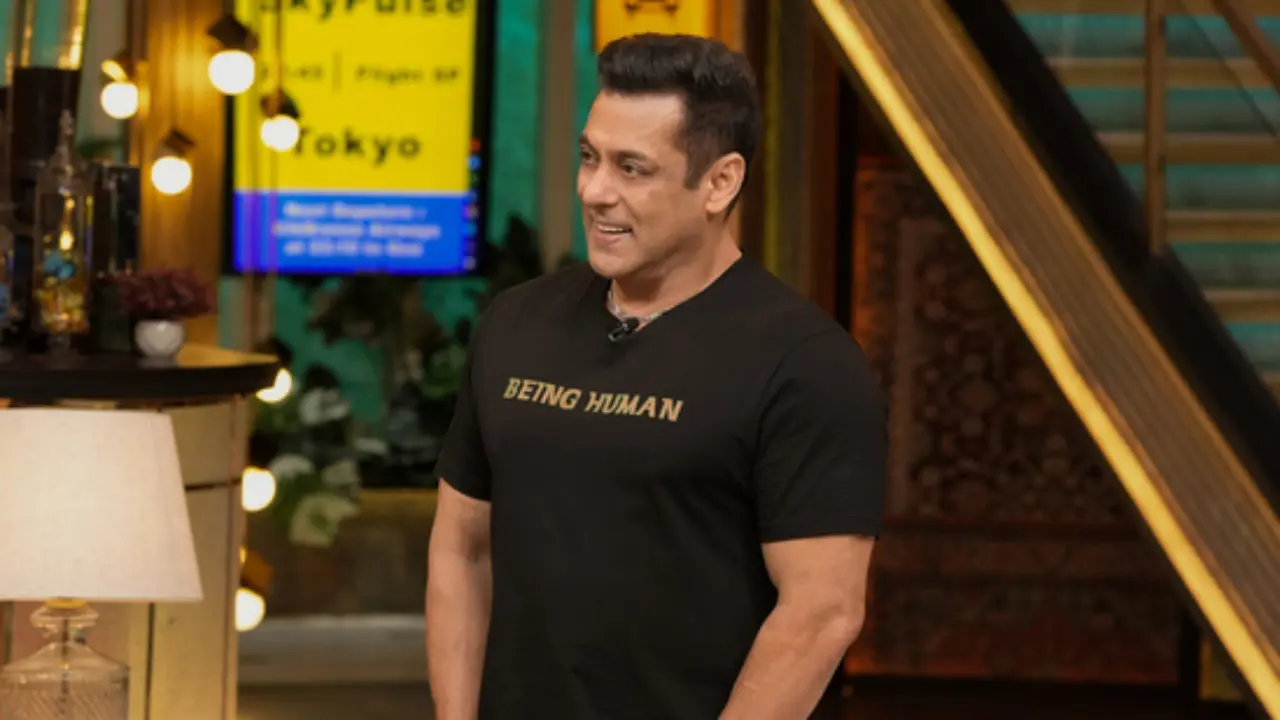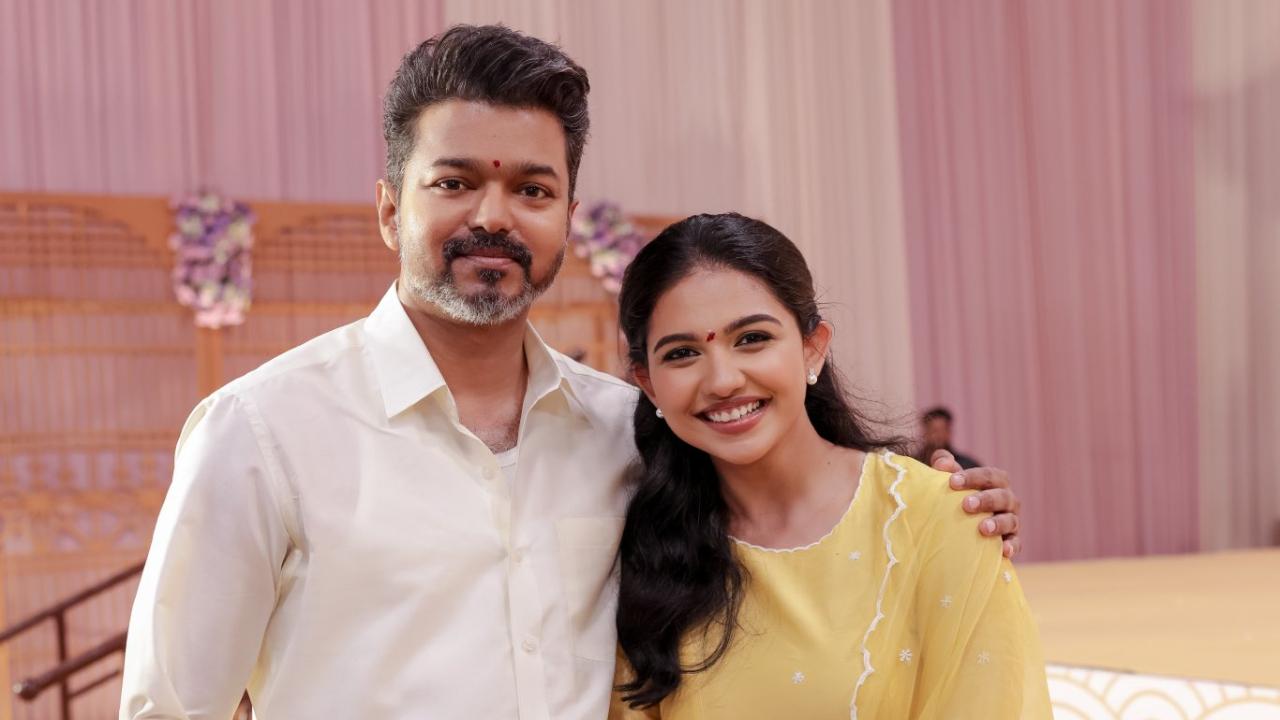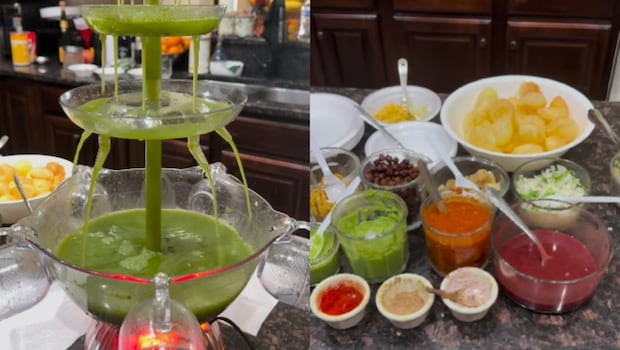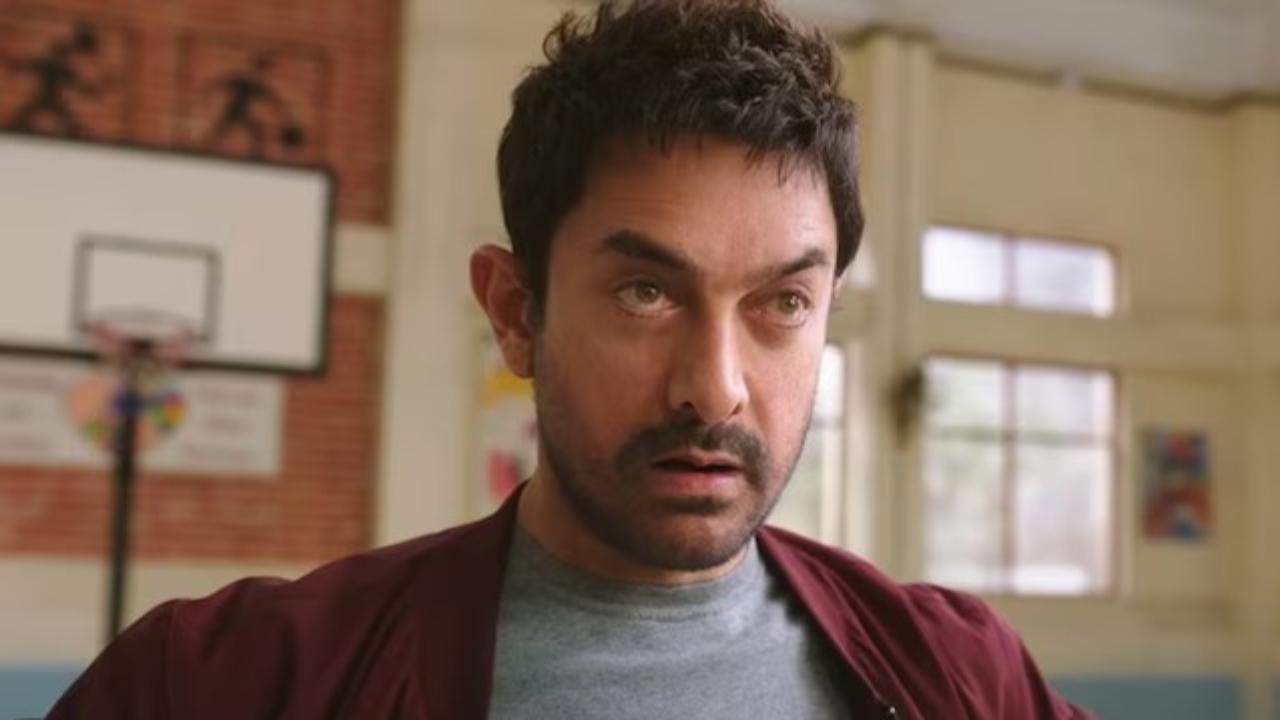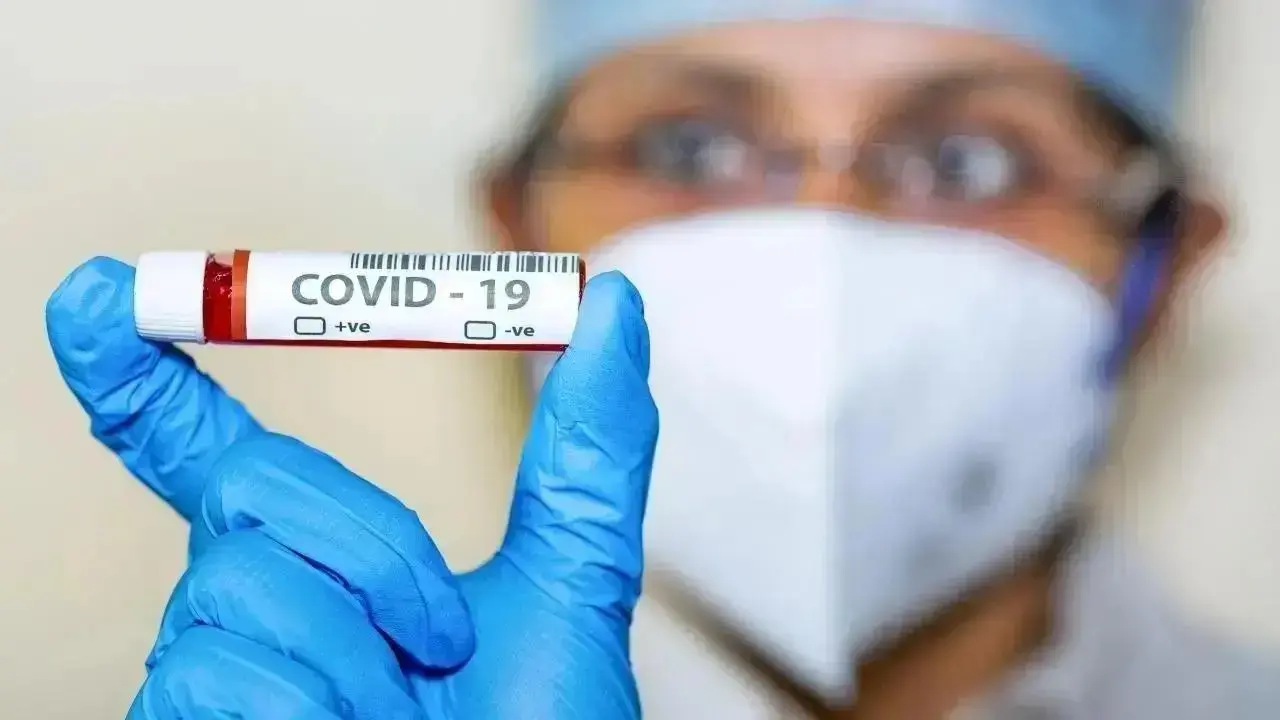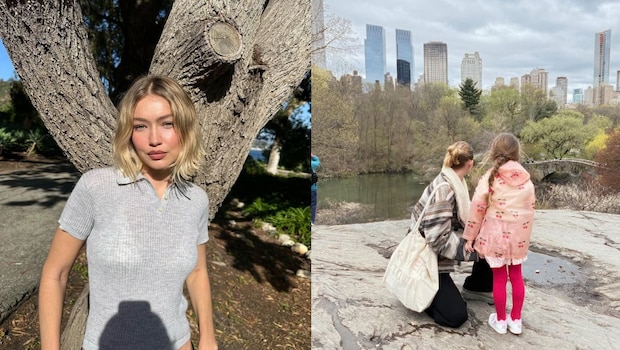
We all know plastic bottles harm the environment, yet many of us still grab one on a hot day. On film sets, heaps of plastic water bottles are often stacked up for the crew and left behind after wrap. Pragya Kapoor, who co-produced Kedarnath (2018), Chandigarh Kare Aashiqui (2021), and Azaad with her director-husband Abhishek Kapoor, has made it her mission to create an eco-system that ensures her sets leave behind no waste.
Abhishek Kapoor
“I don’t allow plastic bottles on set. That’s a non-negotiable,” says Pragya. She has already implemented this on her film sets and now wants sustainability to be integrated into the creative process. “We hire a separate team just to handle waste,” she explains. “Their job is to ensure nothing is left behind, everything is properly segregated, and to flag any food or material wastage. Then we course-correct.”
For Azaad, a period film, the team used natural materials — cotton, no polyester or synthetic costumes. “I remember having a showdown with Gattu [Abhishek Kapoor] over whether to use gold plastic or colourful tape for a scene. He won, but we returned the unused material to the vendor so it wouldn’t go to waste,” she adds. Pragya admits this commitment comes at a cost. “For Azaad, we made eco-bricks out of discarded PPE kits, which wasn’t budgeted for.” She refused to provide foreign crew with plastic bottles. “Everyone drinks the same filtered water. It’s about equality.”
Currently working on Abhishek’s upcoming film, Sharaabi, Pragya has added environmental clauses in contracts. “It empowered people. Designers started reusing material. No one wants to harm the planet — they just need to be shown how.”

